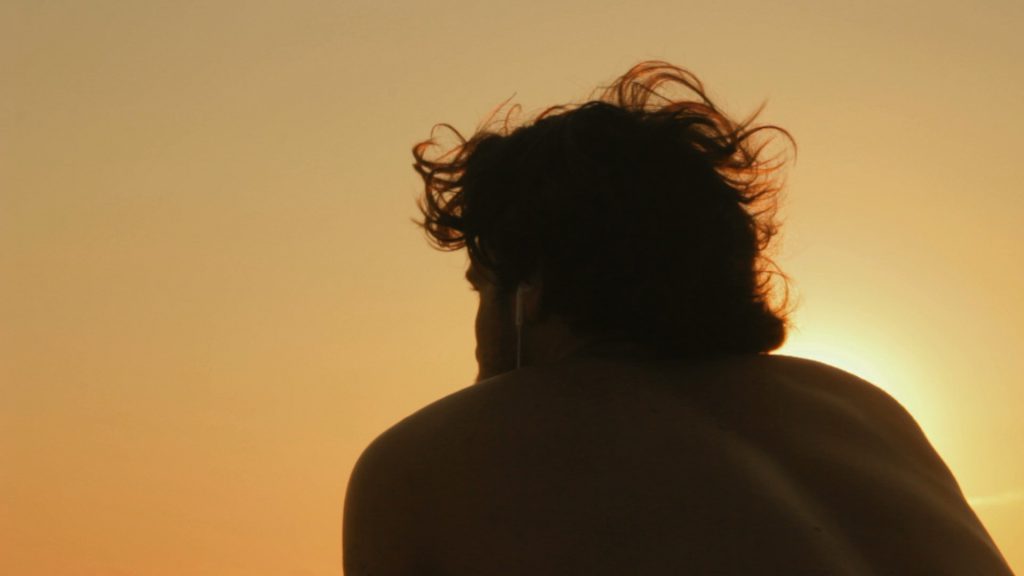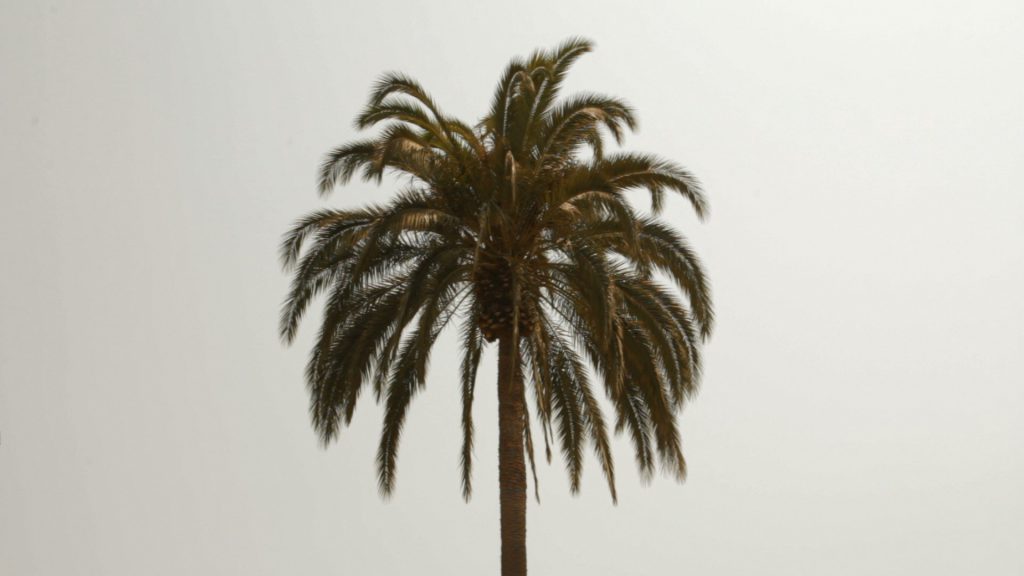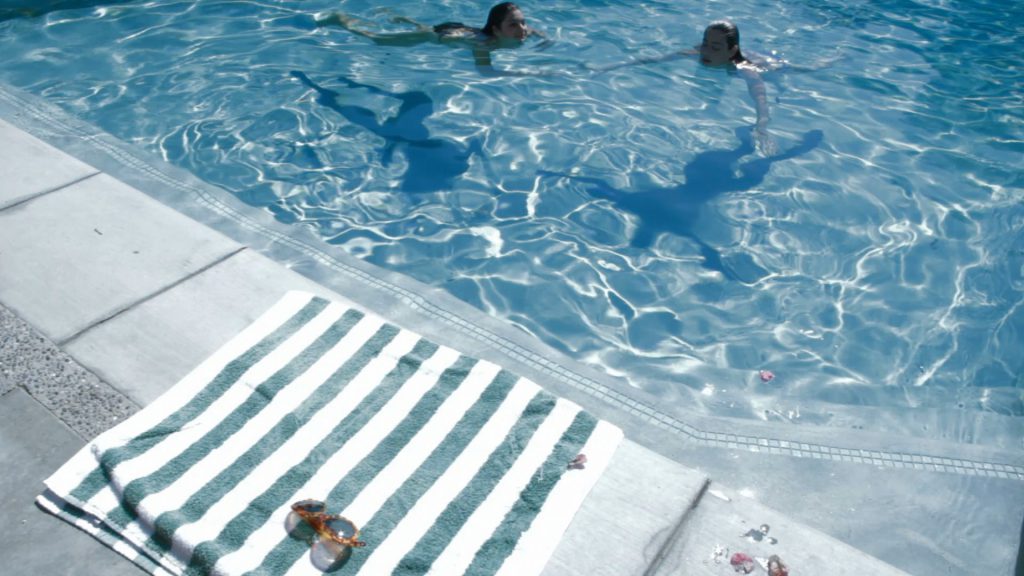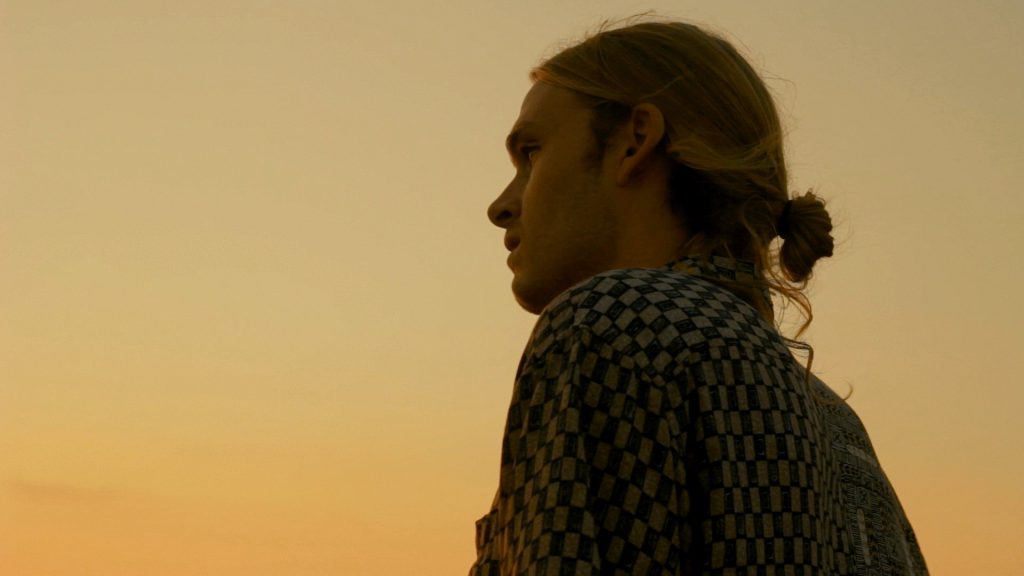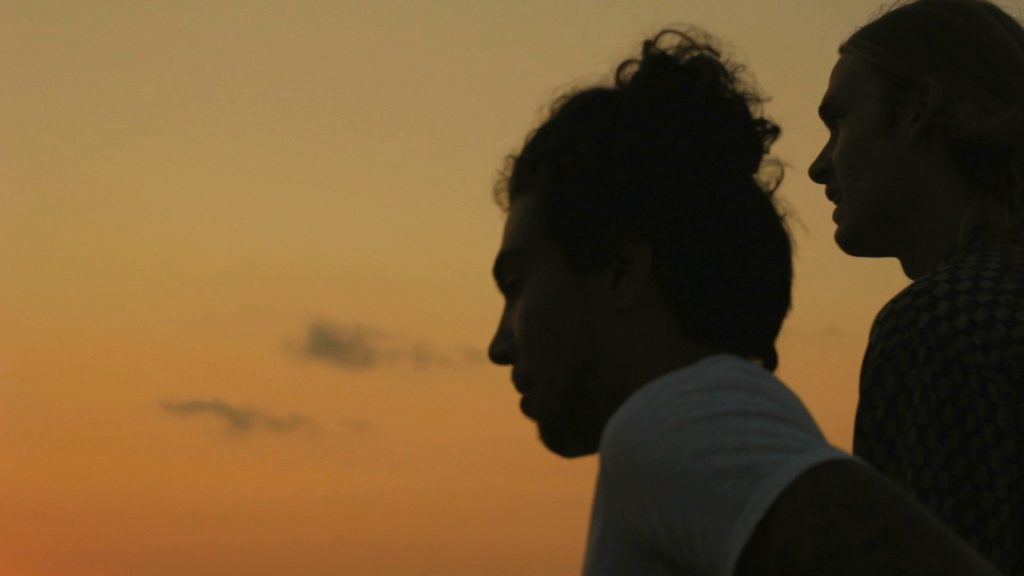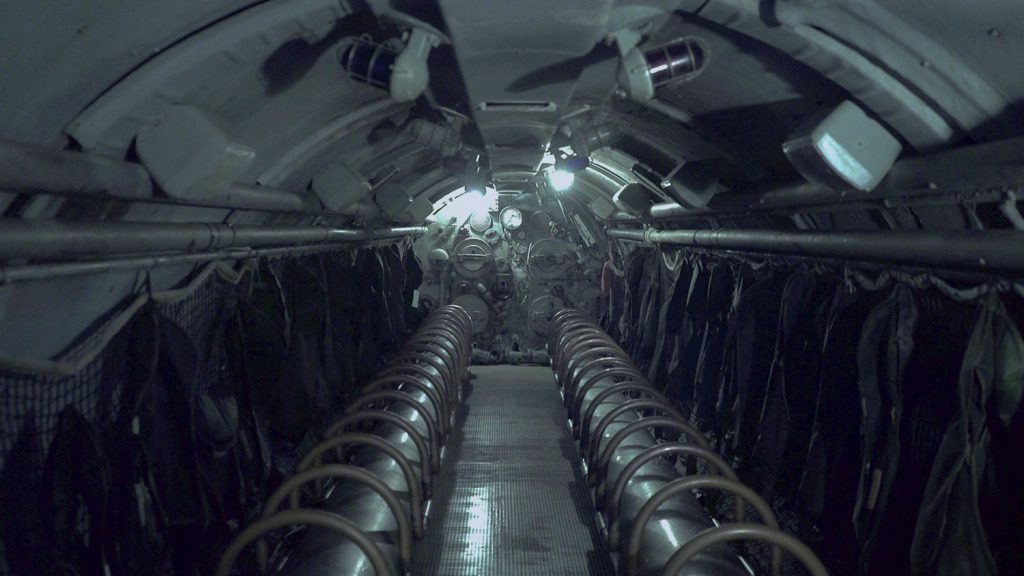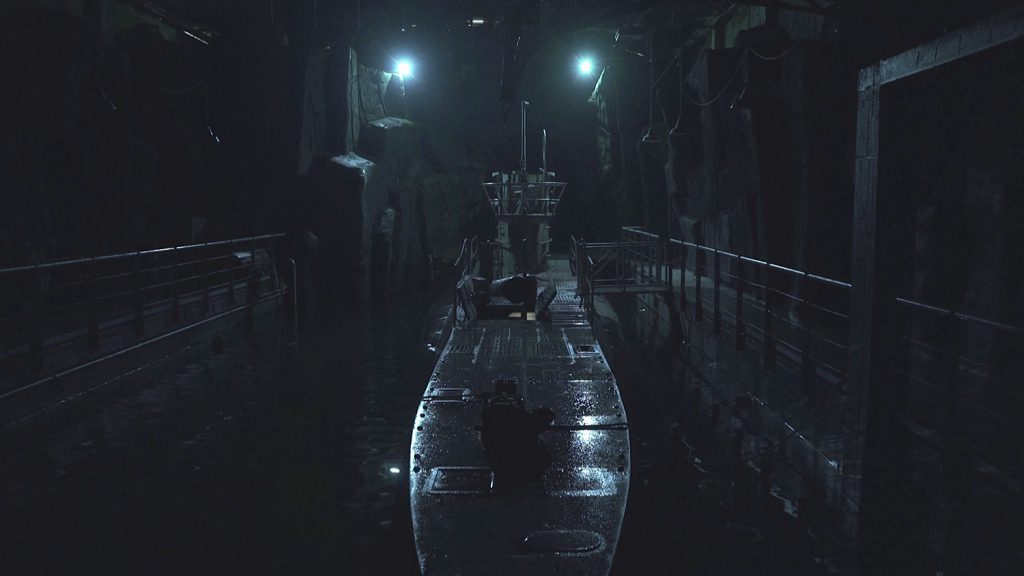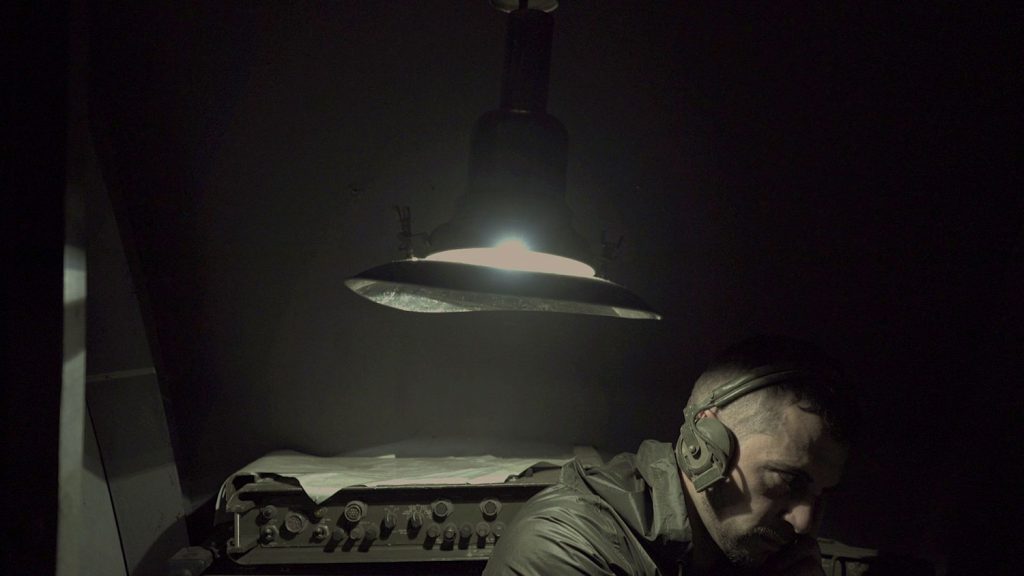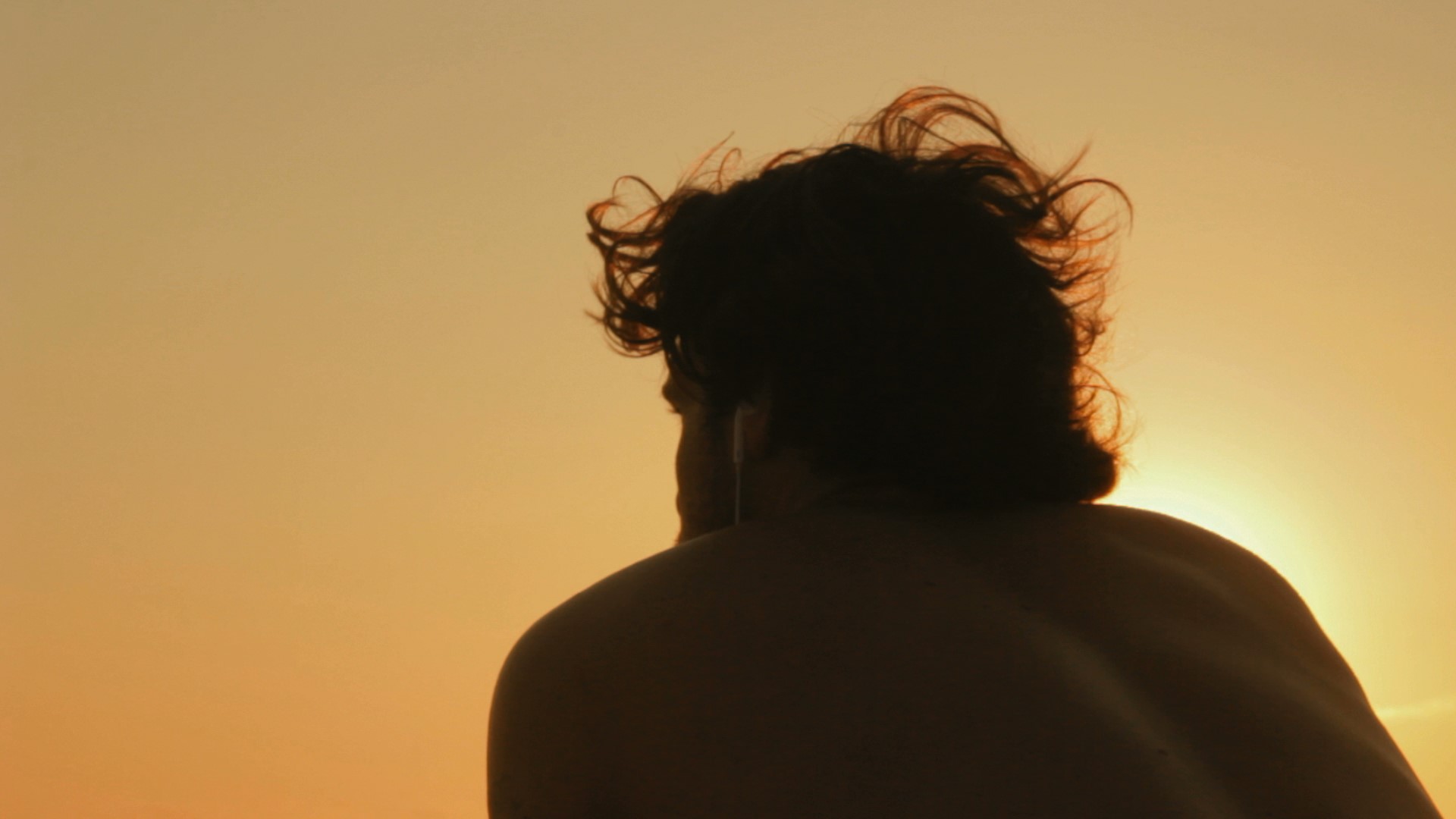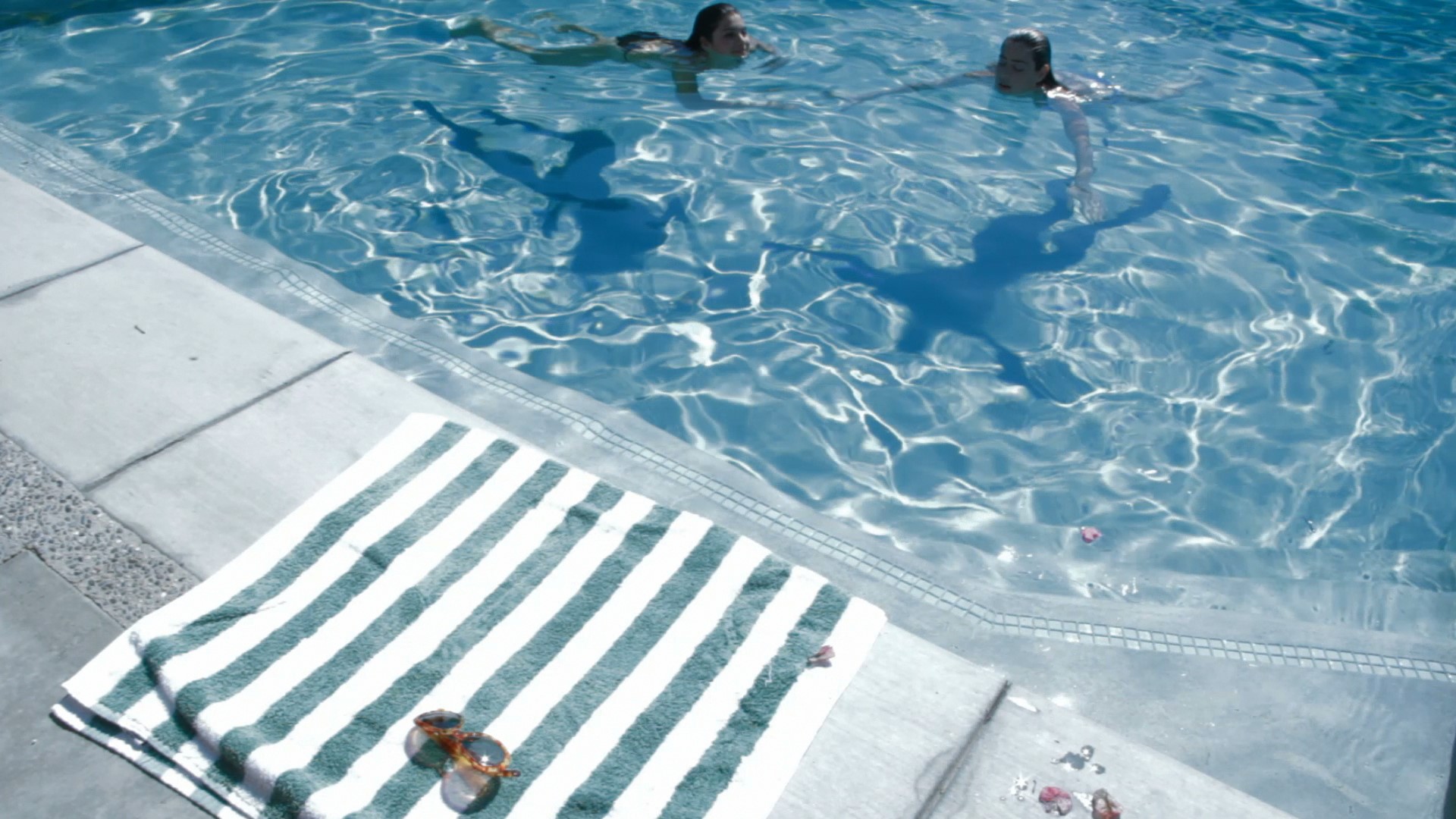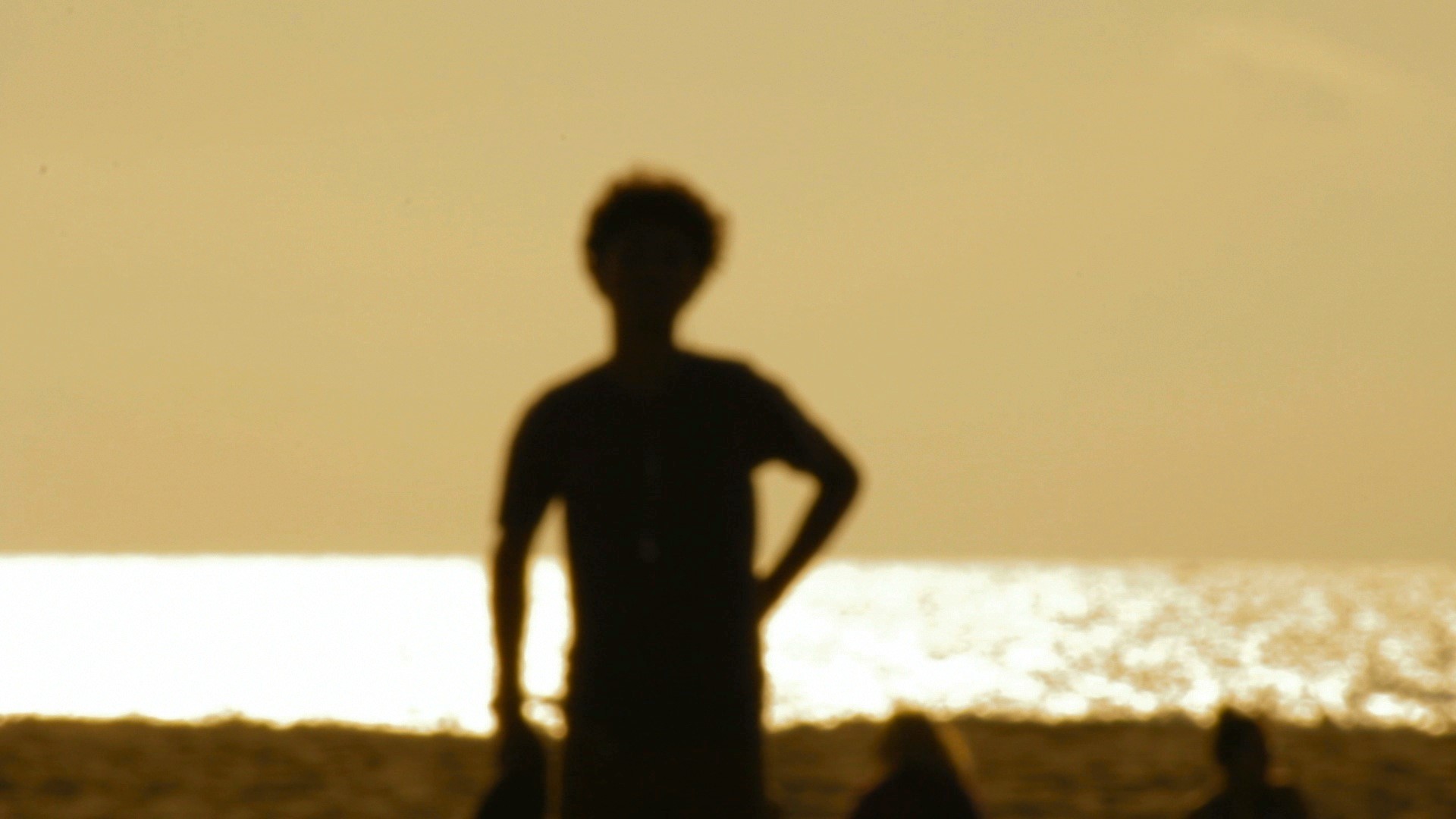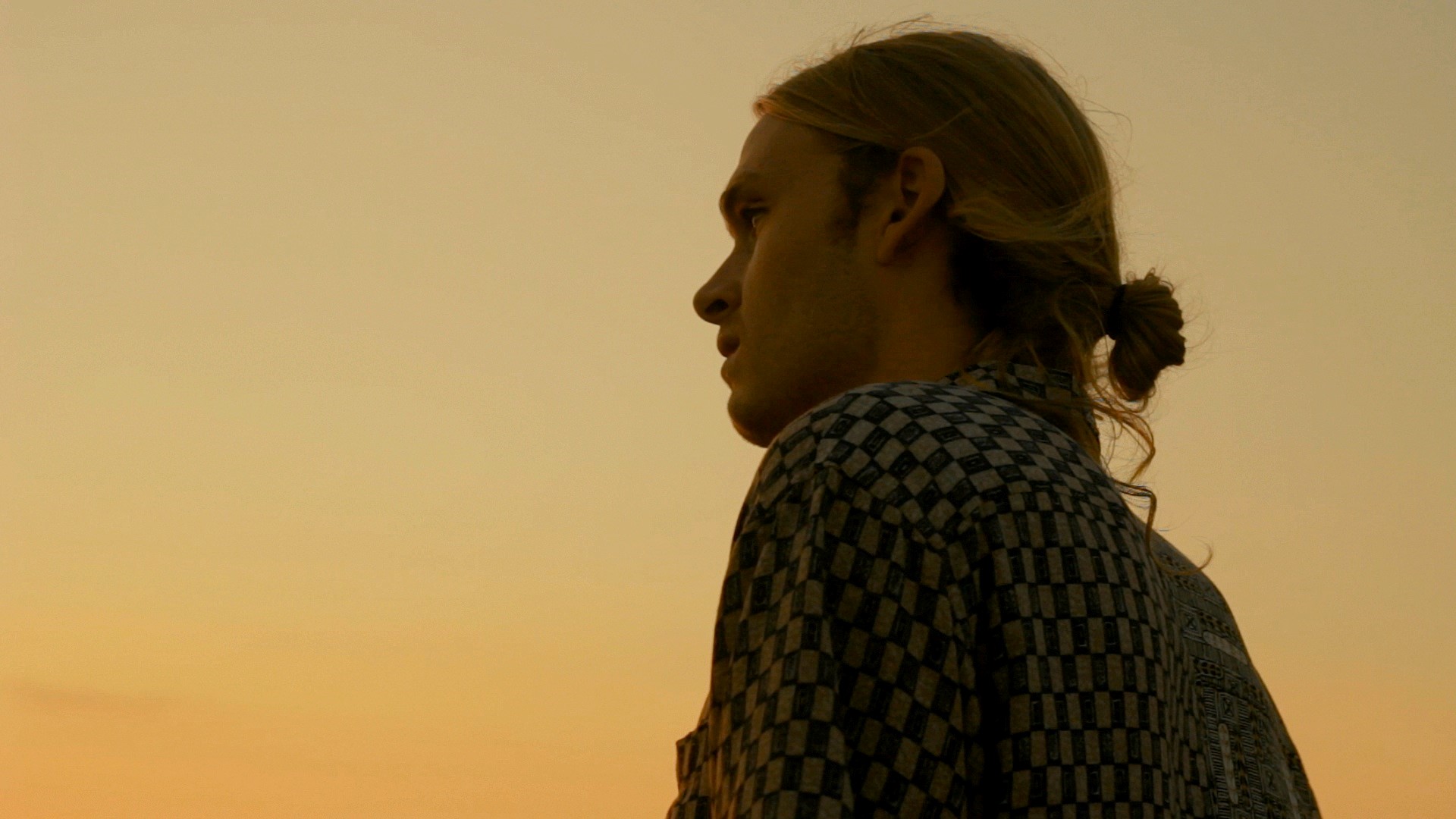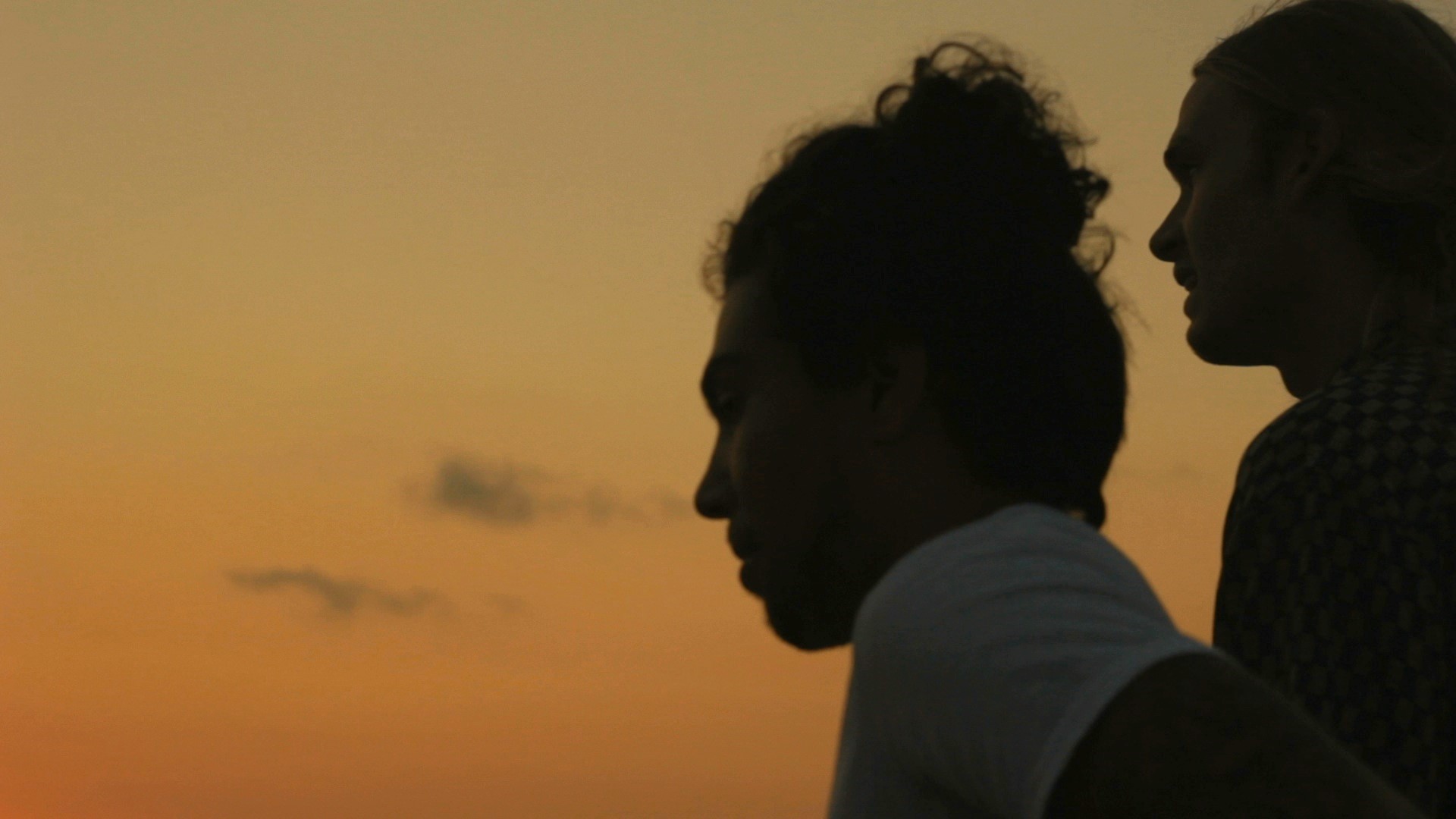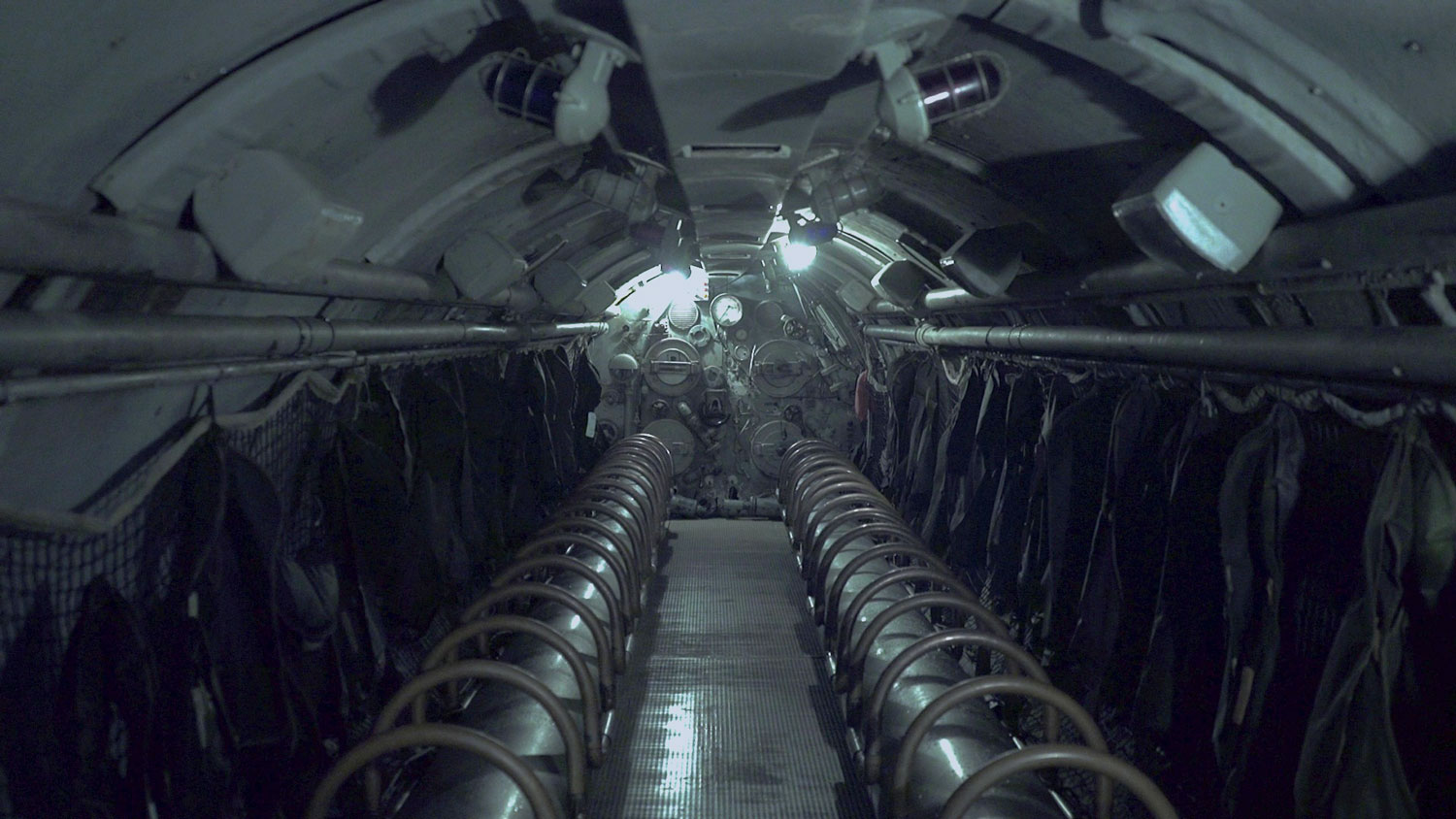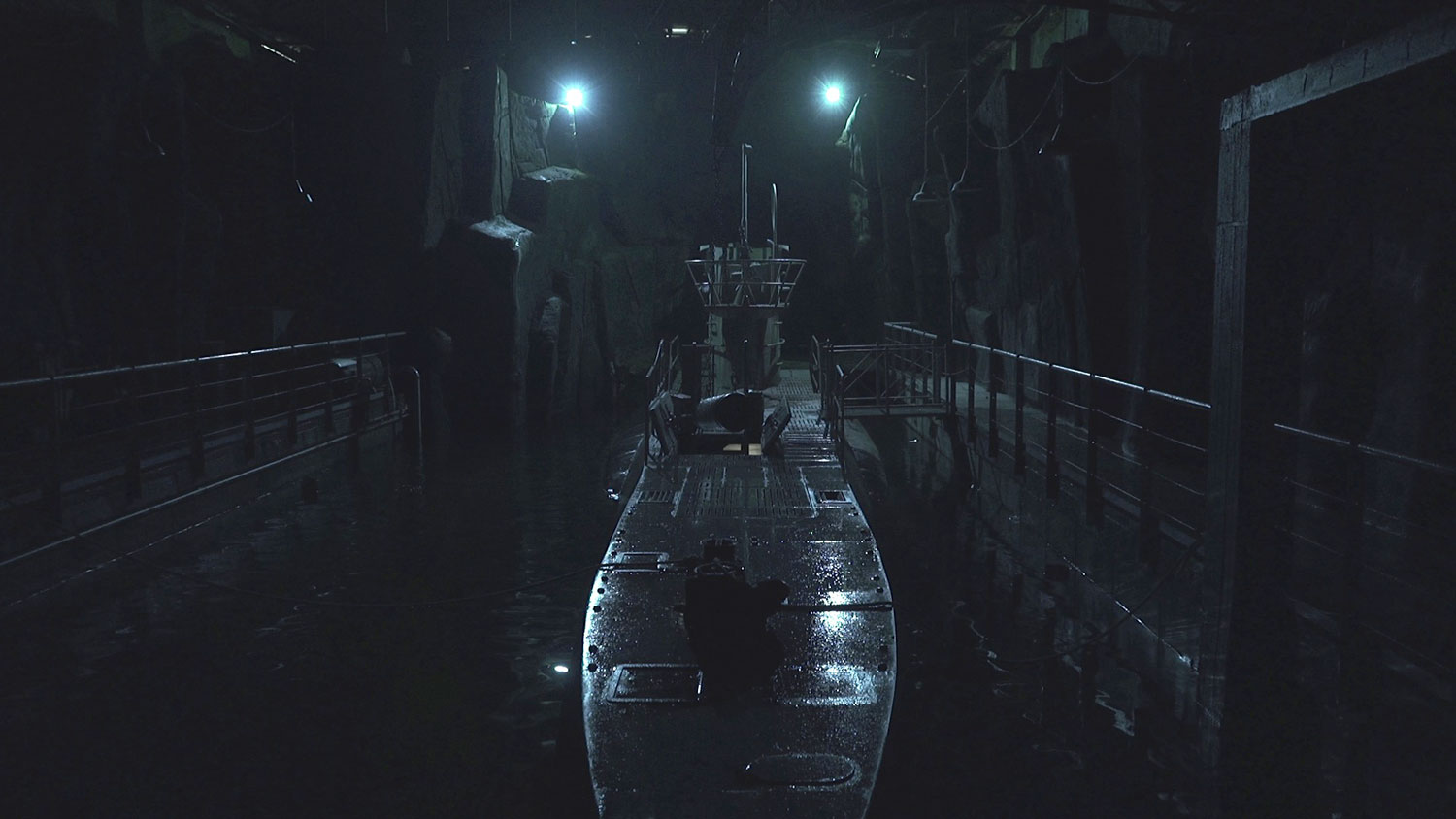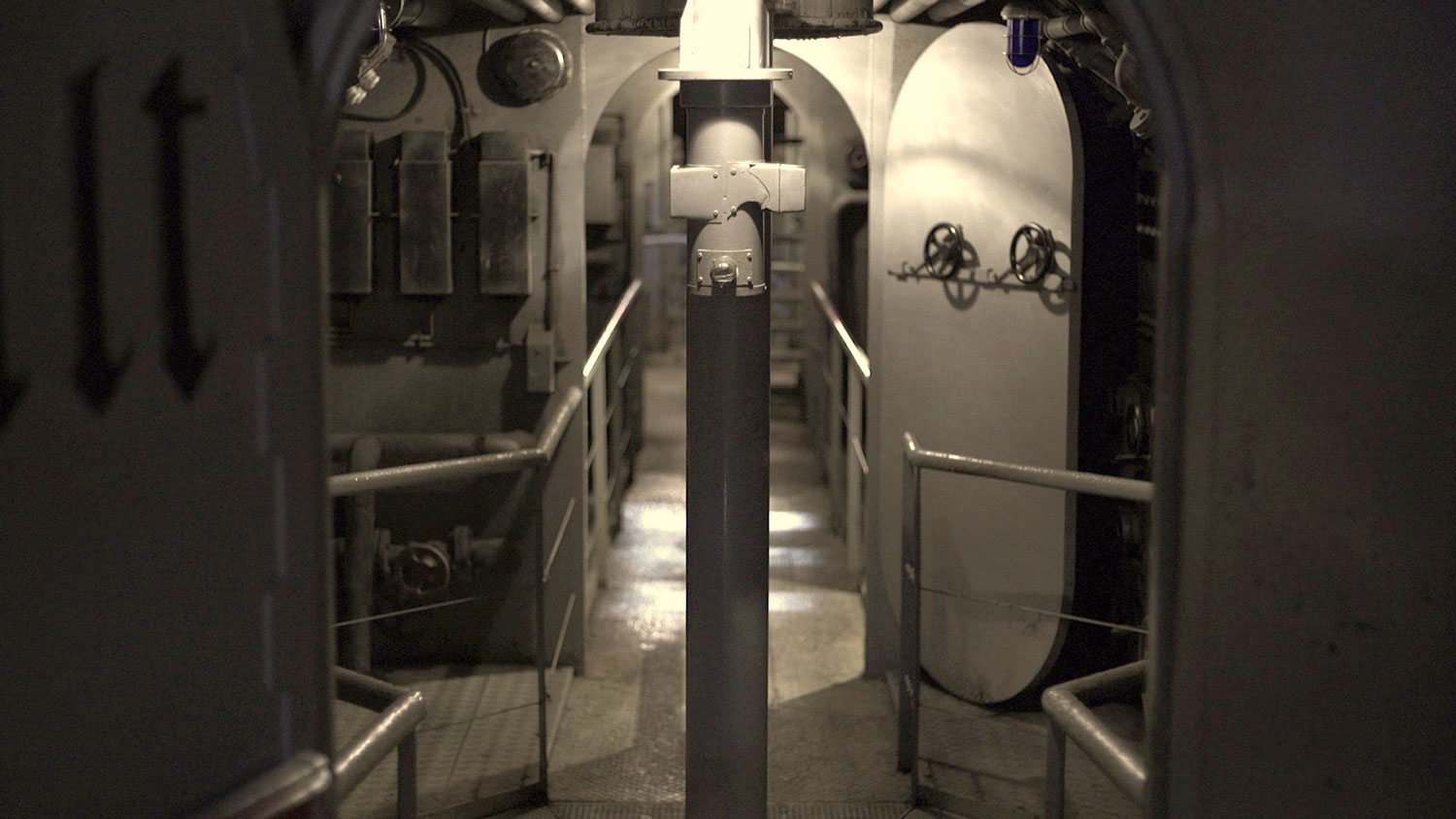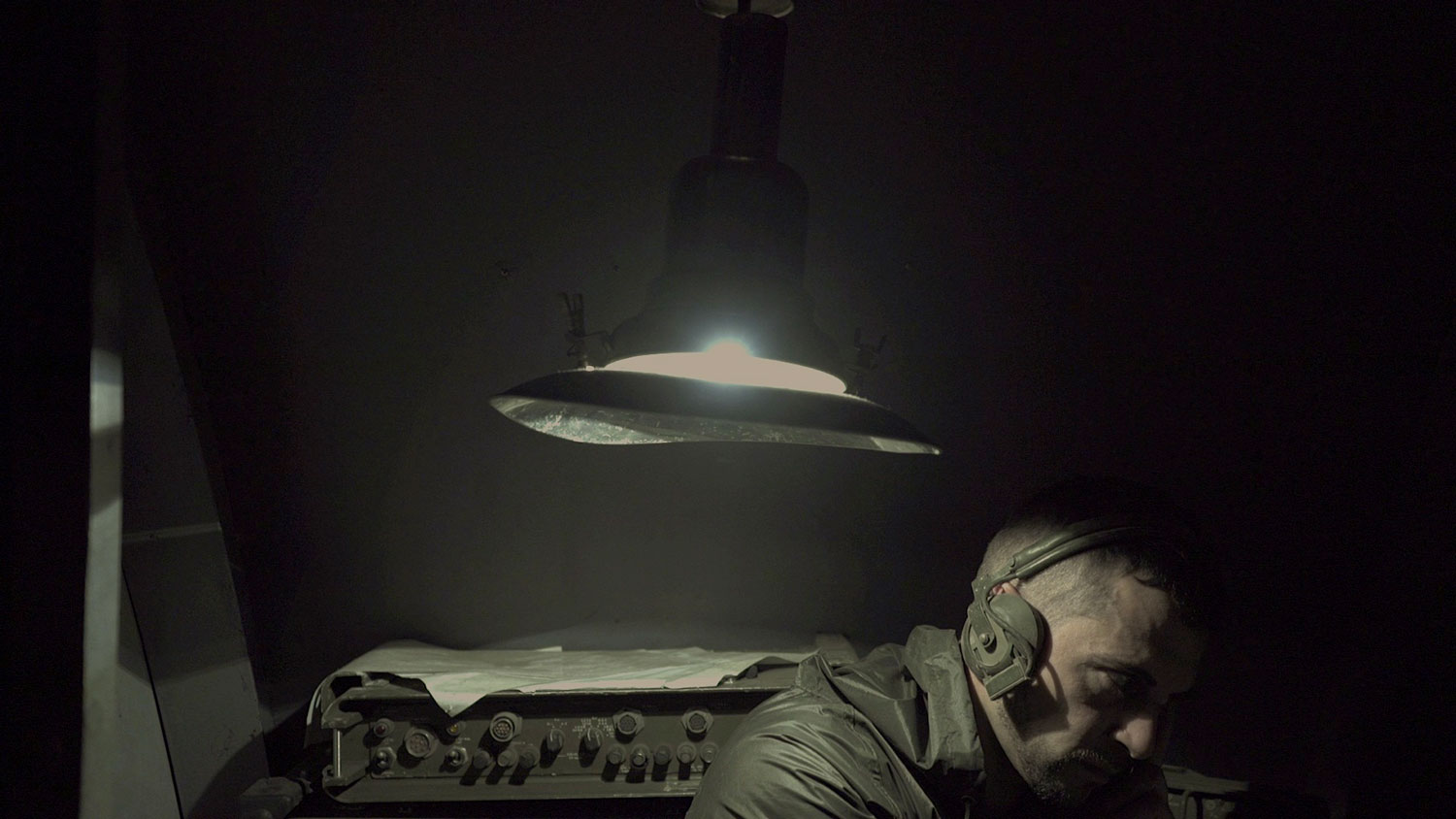Dear Alessio, when we invited you to the Biennale de l’Image en Mouvement in Geneva we had the idea of producing your new film. If I’m not mistaken, in recent months you’ve decided to produce not just one but two new films… I’m fascinated by this ability of yours to create projects so rapidly, and with such a small budget at your disposal. I’d like to start with this: with your way of working and how you choose the stories you tell…
I almost never have to make a choice because I don’t start out from the idea that I necessarily have to make a film. I make the films that I’d like to see when I feel the need. It’s all a matter of motivation.
I don’t find that producing or filming is all that much fun, so either it’s really urgent or I don’t get into it…
AB: I like this idea of “urgency” of yours… either it’s necessary or you don’t get into it. And indeed you’ve found yourself filming and then deciding not to complete the work. Why do you say that you don’t find filming that much fun? Do you find it tiring? Aren’t you thrilled when you can finally start filming after years of trying to raise money?
ADZ: No, I really don’t like filming – there’s nothing special about the process, and I don’t enjoy it. But don’t be surprised – it makes no difference, it’s just part of the game.
AB: You’re a director, not a visual artist: what you think about the fact that we’ve involved you in a Biennale of Moving Images – the sort of event that’s normally for visual artists? Do you think these interdisciplinary interactions can be rewarding? Might this be an interesting space for you?
ADZ: I never find myself thinking in terms of disciplines or format. I’m not even that aware of the differences. What I normally want is to share what I do with as many people as possible, so any sort of space is fine.
If you’ve decided to involve me, it means it’s not that important for you either… and that’s perfect.
AB: True, we’re not that bothered either. Listen, I know you still haven’t finished the two films you want to show in Geneva, but I’d nevertheless like to ask you about the ideas that led you to these two different stories. What sort of “need” did you feel? What is the need behind these two films?
ADZ: It’s the same need as ever – it’s nothing new. They’re very instinctive films.
I’m no good at expressing myself precisely in words, and the things that I’d like to share seem to be so strange and indefinable that they can only be shown.
AB: Your stories are often rather melancholy, with characters that are as though suspended or somehow betrayed in their dreams. Is there something autobiographical behind this? As a child, did you somehow feel betrayed by grownups? Isn’t this possibly what led to Le favole di Casimiro.
ADZ: Absolutely, and indeed I’ve always been disappointed. The world is disappointing. Adults are disappointing and I can’t stand them. It’s one disappointment after another. It’s incredible.
AB: Talking of fables, your films always appear to seek a sort of magical atmosphere. Who are the directors you look too?
ADZ: Hayao Miyazaki!
AB: If you had the budget you needed for a feature film, what sort would it be?
ADZ: A great action movie!!!
[Translated from the Italian by Simon Turner]
